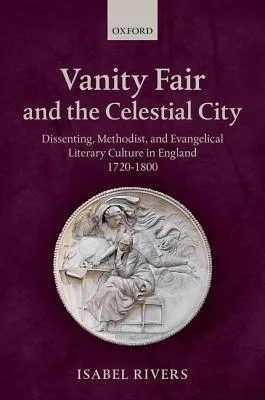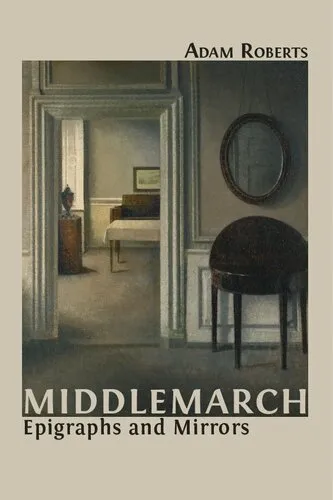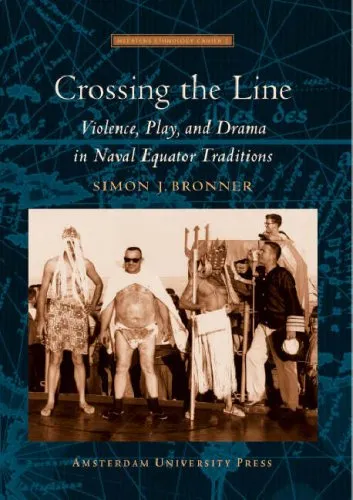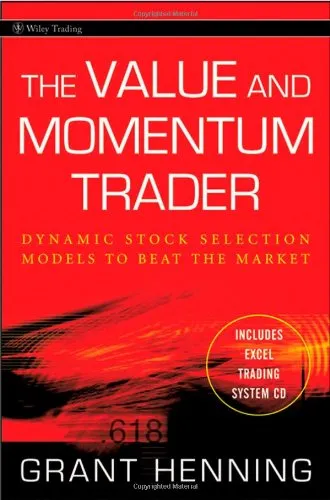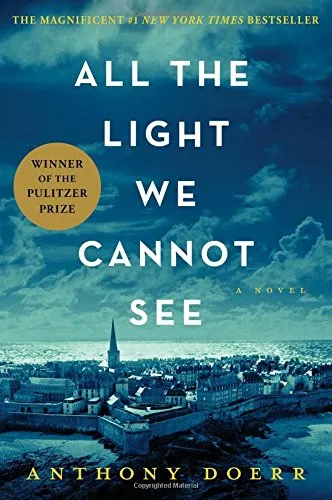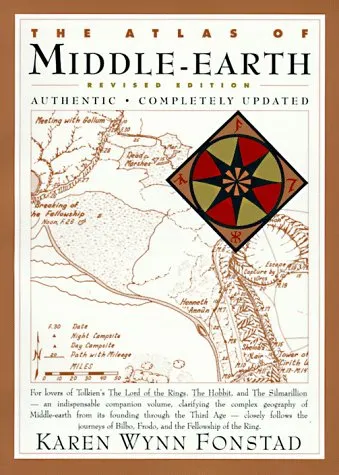Vanity Fair and the Celestial City: Dissenting, Methodist, and Evangelical Literary Culture in England 1720-1800
4.7
Reviews from our users

You Can Ask your questions from this book's AI after Login
Each download or ask from book AI costs 2 points. To earn more free points, please visit the Points Guide Page and complete some valuable actions.Related Refrences:
In John Bunyan's The Pilgrim's Progress, the pilgrims cannot reach the Celestial City without passing through Vanity Fair, where everything is bought and sold. In recent years there has been much analysis of commerce and consumption in Britain during the long eighteenth century, and of the
dramatic expansion of popular publishing. Similarly, much has been written on the extraordinary effects of the evangelical revivals of the eighteenth century in Britain, Europe, and North America. But how did popular religious culture and the world of print interact? It is now known that religious
works formed the greater part of the publishing market for most of the century. What religious books were read, and how? Who chose them? How did they get into people's hands?
Vanity Fair and the Celestial City is the first book to answer these questions in detail. It explores the works written, edited, abridged, and promoted by evangelical dissenters, Methodists both Arminian and Calvinist, and Church of England evangelicals in the period 1720 to 1800. Isabel Rivers also
looks back to earlier sources and forward to the continued republication of many of these works well into the nineteenth century. The first part is concerned with the publishing and distribution of religious books by commercial booksellers and not-for-profit religious societies, and the means by
which readers obtained them and how they responded to what they read. The second part shows that some of the most important publications were new versions of earlier nonconformist, episcopalian, Roman Catholic, and North American works. The third part explores the main literary kinds, including
annotated bibles, devotional guides, exemplary lives, and hymns. Building on many years' research into the religious literature of the period, Rivers discusses over two hundred writers and provides detailed case studies of popular and influential works.
Free Direct Download
You Can Download this book after Login
Accessing books through legal platforms and public libraries not only supports the rights of authors and publishers but also contributes to the sustainability of reading culture. Before downloading, please take a moment to consider these options.
Find this book on other platforms:
WorldCat helps you find books in libraries worldwide.
See ratings, reviews, and discussions on Goodreads.
Find and buy rare or used books on AbeBooks.
1276
بازدید4.7
امتیاز0
نظر98%
رضایتReviews:
4.7
Based on 0 users review
Questions & Answers
Ask questions about this book or help others by answering
Please login to ask a question
No questions yet. Be the first to ask!
